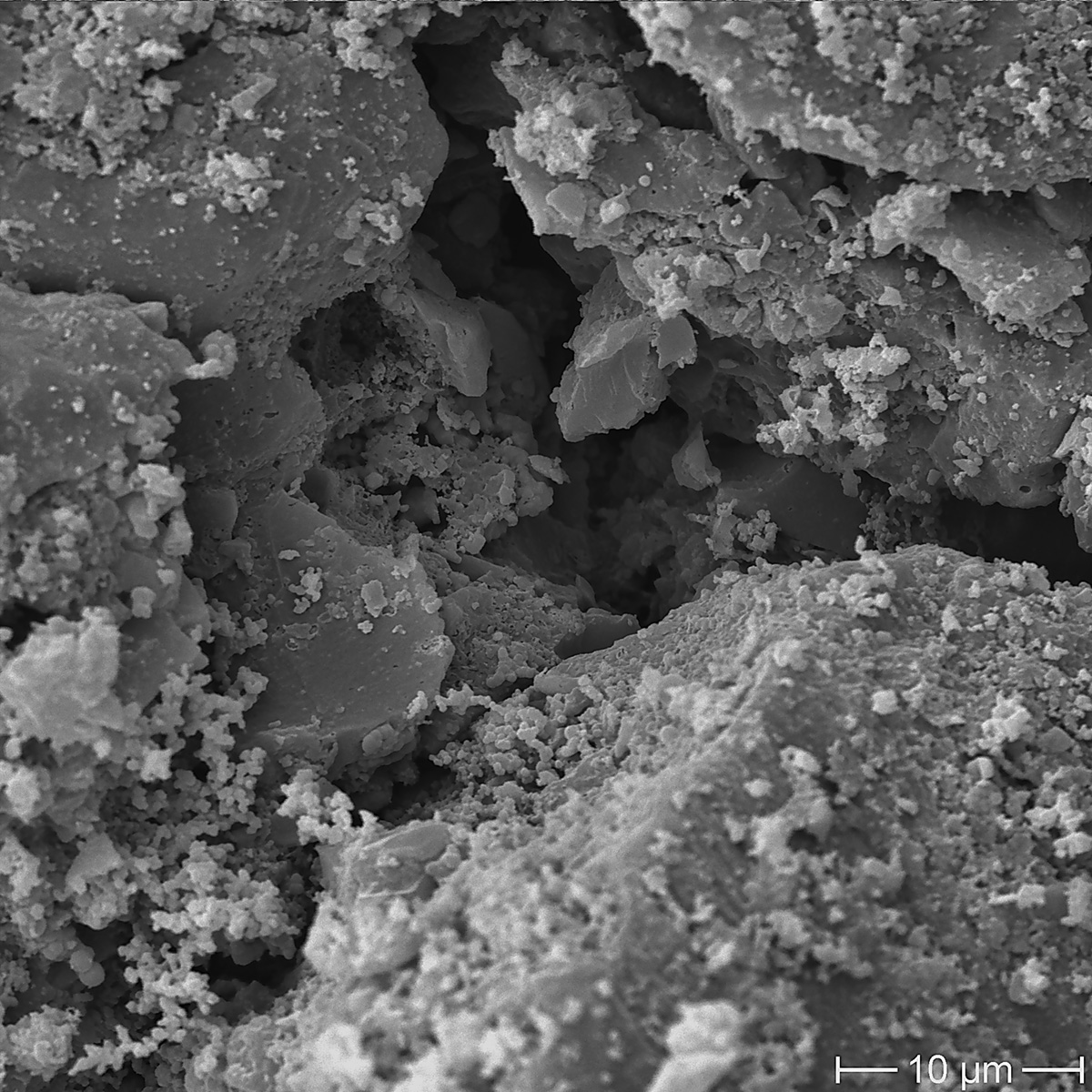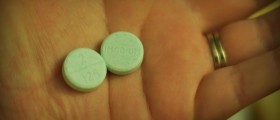
Activated charcoal is a form of processed carbon which is extremely porous. Being of such structure activated charcoal has very large surface and is highly efficient in adsorption or chemical reactions.
Activated charcoal is used in treatment of some types of poisoning and overdose. This substance is an adsorbent and successfully binds the poison in the stomach not allowing its further distribution in the gastrointestinal tract.
When not to Use Activated Charcoal and Additional Precautions
If a person is allergic to any of ingredients from activated charcoal suspension he/ she must not be administered this suspension.
Before activated charcoal is used a patient must report all the medications he/ she is currently taking. This is very important since there are some medications which may interact with activated charcoal suspension. Even herbs and vitamin supplements must be reported. Women must report their pregnancy, if they are trying to conceive or are breast-feeding. And finally, allergy to drugs, food or other allergens must be reported as well.
How is Activated Charcoal Suspension Used?
The doctor gives an instructions regarding administration of activated charcoal. Activated charcoal suspension is first mixed with water and well shaken. The dose must be properly measured. And finally, if a person skips one dose he/ she is due to contact a doctor.
Side Effects of Activated CharcoalGastrointestinal Side EffectsThe most common gastrointestinal side effects are nausea, vomiting and constipation. There are several more potential side effects and they include bowel obstruction, ileus, chalk-like taste, perforation of the gastrointestinal tract and charcoal peritoneum and black colored stool. In case of gastrointestinal perforation additional complications include peritonitis, adhesions, abscess formation, persistent deposits of charcoal on the peritoneum etc.Metabolic Side EffectsMetabolic side effect of activated charcoal are hypernatremia and hypermagnesemia. Furthermore, there is a chance of electrolyte imbalance and dehydration. In some cases even shock is possible. Metabolic side effects generally occur due to sorbitol which is frequently combined with activated charcoal.Respiratory Side EffectsRespiratory side effects associated with administration of activated charcoal are bronchiolitis obliterans, empyema and adult respiratory distress syndrome.Ocular Side EffectsIn case activated charcoal comes in contact with eyes a person may develop corneal abrasions.Hematologic Side EffectsActivated charcoal can cause exacerbation of variegate porphyria and subsequent increase in skin lesions as well as increase in urine and plasma porphyrins.
Any of the previously mentioned side effects must be reported as soon as possible to the doctor who prescribed activated charcoal. Some of the side effects may cause permanent damage while others can be treated successfully without sequelae.

















Your thoughts on this
Loading...